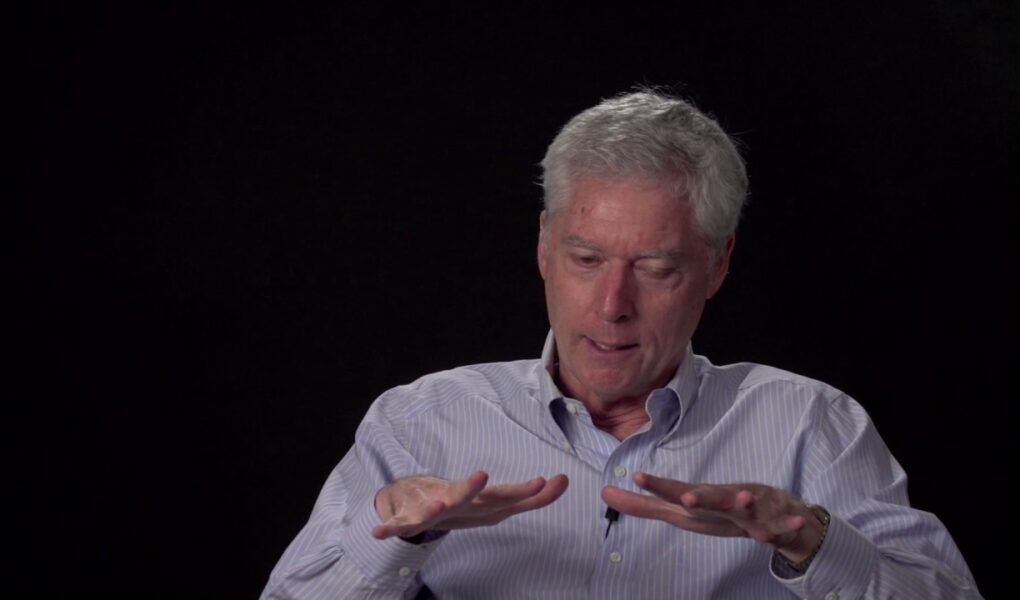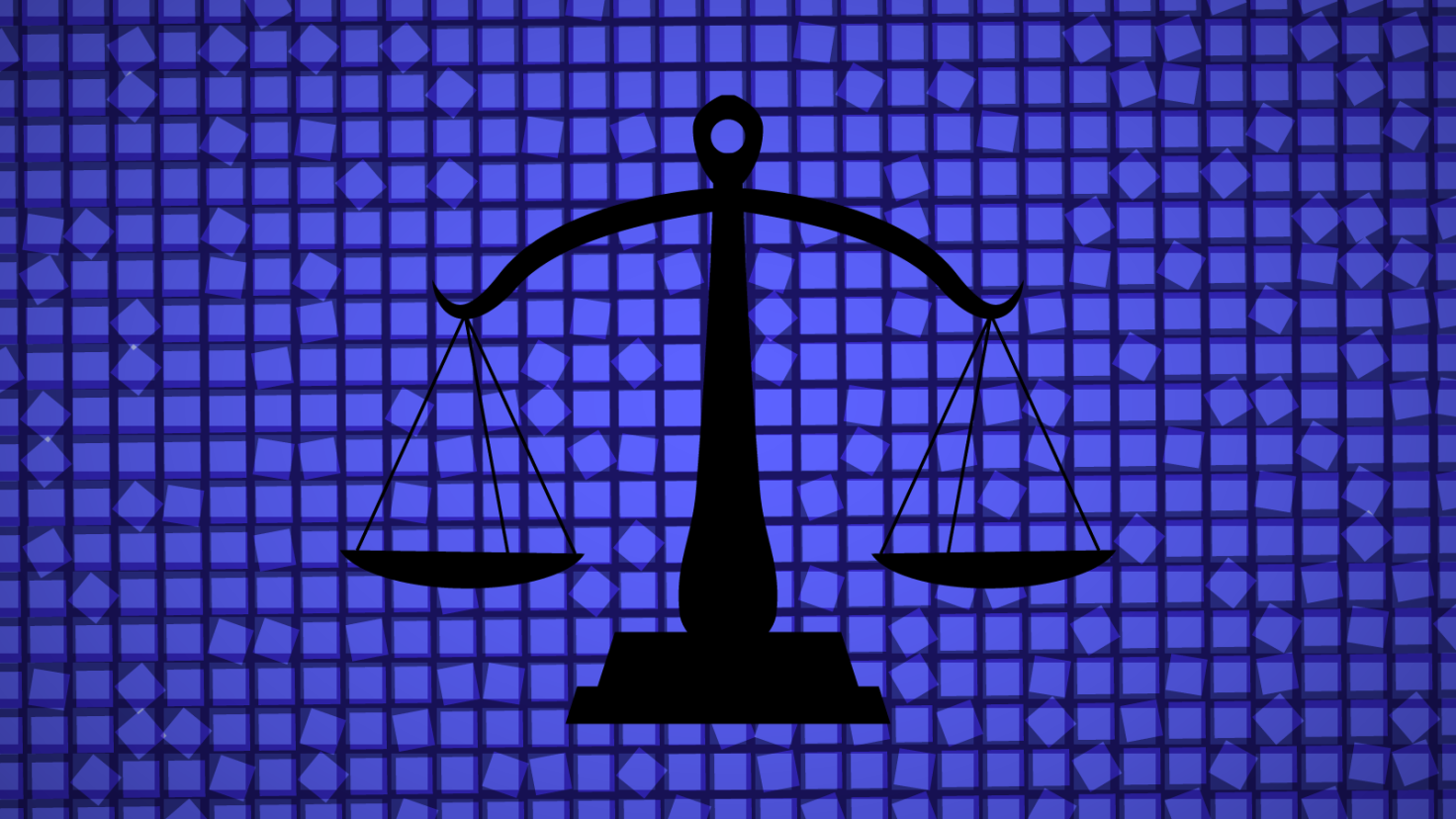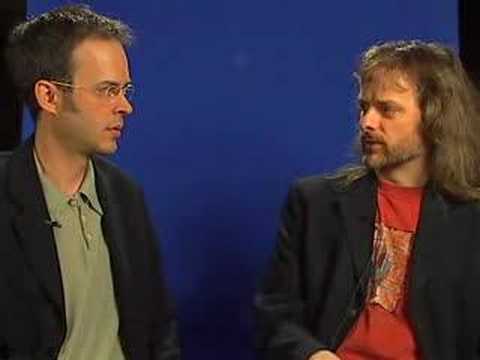Science and Nonduality
This video is an excerpt from an interview with Dr. Allan Wallace. He has been a scholar and practitioner of Buddhism since 1970, and has taught Buddhist theory and meditation worldwide since 1976. Having devoted fourteen years to training as a Tibetan Buddhist monk, ordained by H. H. the Dalai Lama, he went on to earn an undergraduate degree in physics and the philosophy of science at Amherst College and a doctorate in religious studies at Stanford.
http://www.alanwallace.org/
To see the full interview please visit: http://scienceandnonduality.com
Source



Steady solid gold from this incomparably kind and compassionate being 👌👌👌💎💎💎🌈🌈🌈🙏🙏🙏🙇🏻♂️🙇🏻♂️🙇🏻♂️💐💐💐
He didn't answer the question.
Not a first person materialist but still neuro-science is most fascinating when you consider the nerves and feelings are made of formless electricity. Some scientist has put the formation of coded DNA down to strikes of lightening. And currently they are building Quantum computers based on electron superpositions which from what I guess to have gathered use non-finite holistic knowledge gathering rather than the binary finite two state of ordinary computers.
He was wrong when he said you can prove things only to conscious beings. Actually it requires intelligence and not consciousness to require mathematical proof despite the fact there will be no experience of it. Philosophical Zombies are not dead yet 😉
Some interesting insights here. Especially, when I reflect on analytical behaviourism and Wittgensteins Beetle in the Box thought experiment I've been studying.
"Superficial froth" – yeah right. Pinning down the neural correlates of meditation will be of HUGE importance to advancing a science and technology of enlightenment. The condescension coming off of this guy is amazing. He sounds like he's afraid of the inevitable – neuroscience eventually surpassing Buddhism when it comes to understanding the mind, and the new skillful means (i.e. much more effective than meditation) that will result from that.
One thing that he misses out on is that mathematics has become enormously more efficient over time. Since Newton and Leibniz invented calculus in ~1700, the contributions of around 20 brilliant mathematicians since then means that the average high schooler can do calculus better than Newton could. The average meditation practitioner sure as hell can't meditate and get results better than the best practitioners 300 years ago, or anything close to it.
This is a great video.
so if you have dementia, does that mean you are losing consciousness?
Wonderful talk.